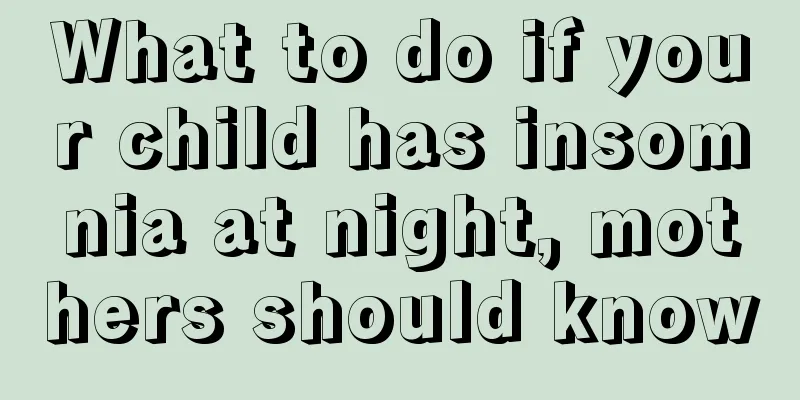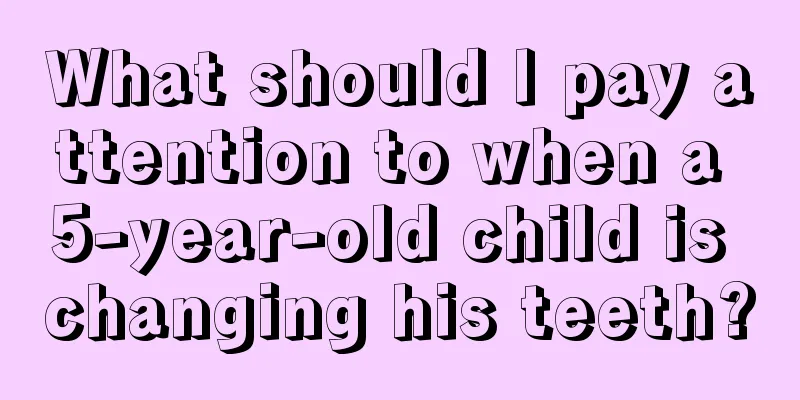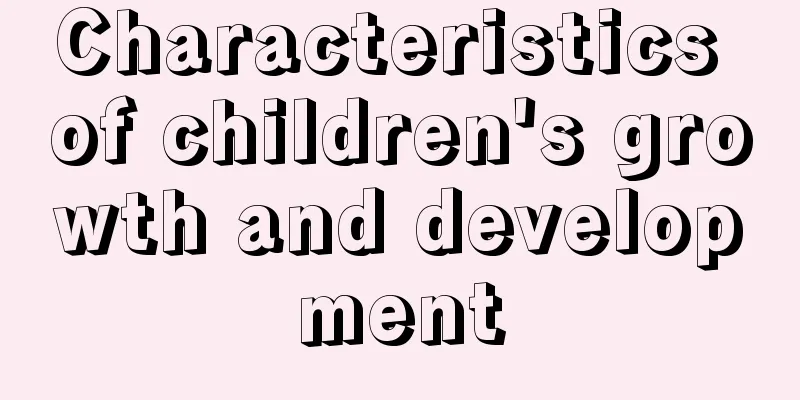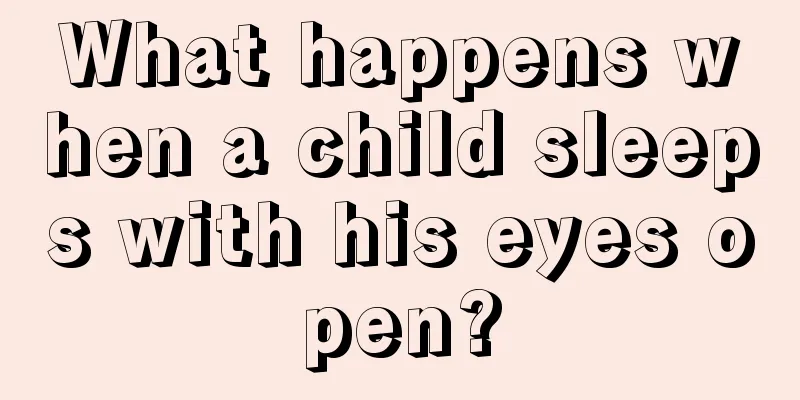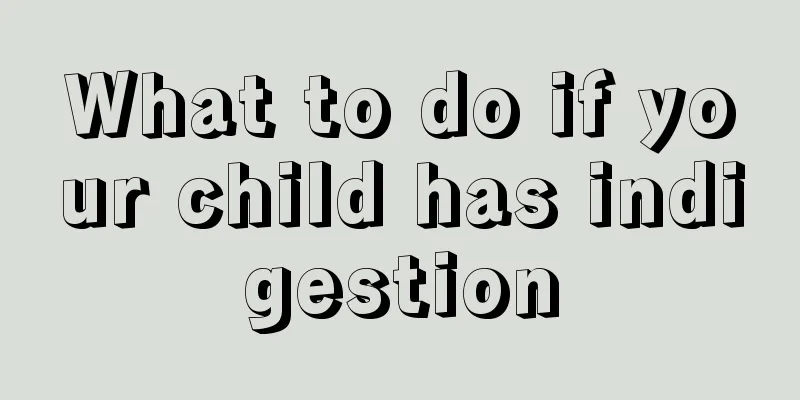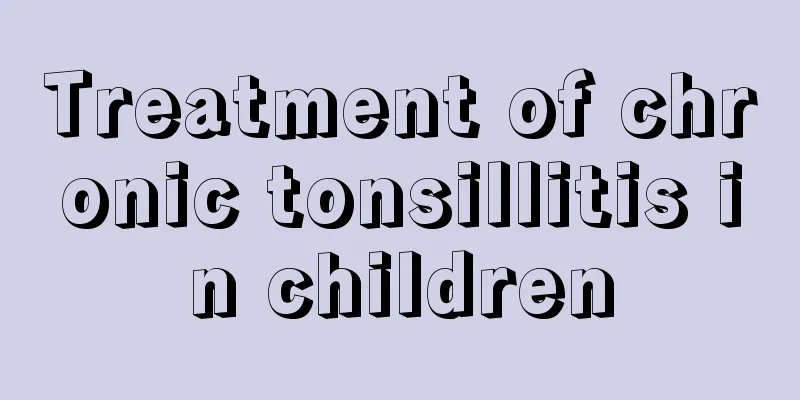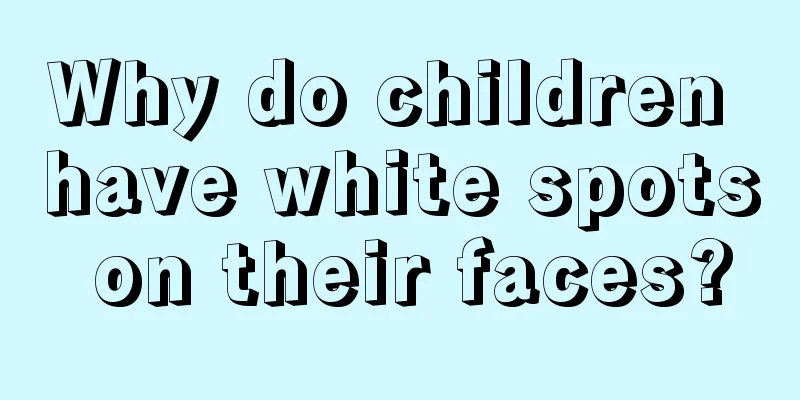What to do if your baby has a cold, cough and runny nose
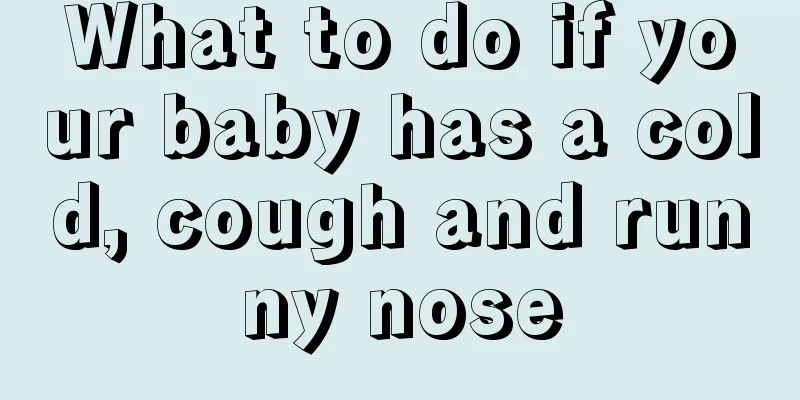
|
The baby's physical health is very important to us, especially when the baby shows some cold symptoms, parents will be even more anxious. What should we do when our baby has a cold, coughs and runny nose? What we need to pay attention to is our baby's health and protect our own health. 1) Rhinitis caused by cold is called acute rhinitis. At this time, the nasal mucosa is congested and swollen, and the glandular secretions increase to form nasal mucus. It is clear water-like at first, and gradually becomes purulent after 3 to 5 days, and then gradually heals. 2) The baby often has clear runny nose accompanied by nasal congestion, itchy nose, sneezing and other symptoms, especially after getting up in the morning. The baby will sneeze immediately after getting out of the warm bed, followed by a continuous runny nose. You need to be alert to whether the baby has allergic rhinitis. Bronchial asthma is accompanied by runny nose, so mothers should pay attention to whether their babies suffer from allergic rhinitis. 3) If one side of the baby's nose has a foul odor, purulent mucus, and sometimes blood in the mucus, you need to consider whether there is a foreign body in the nasal cavity. This situation often occurs in children around 3 years old. When playing, they often put foreign objects such as paper, beans, and peanuts into their nasal cavity out of curiosity. Once inserted, they cannot be removed. After the water is absorbed, they become corrupt and produce a bad smell. However, small metal parts and buttons inserted into the nasal cavity may not necessarily cause a bad smell. In addition, if there is blood in the mucus, you should also be careful to rule out the possibility of nasal tumors. 4) When babies develop sinusitis due to acute or chronic rhinitis, they often have a lot of nasal mucus, which seems to be "endless", and is sometimes accompanied by headaches. 5) Some babies only have snot on one side of their nose, but cannot blow it out, their nostrils are blocked, and they snore when they sleep. In this case, you should be alert to the presence of nasal polyps. 1. When you take your baby to the hospital, the doctor will often ask the baby to undergo some tests so that they can find out the cause of the cold. 2. If it is a viral cold, there is no specific medicine. The main thing is to take good care of the baby and alleviate the symptoms. Generally, it will be fine after 7 to 10 days. 3. If it is caused by bacteria, the doctor will often prescribe some antibiotics for the baby, and the baby must be taken on time and according to the dosage. In order to make their children recover faster, some mothers often increase the dosage of medicine on their own. This is absolutely not allowed, otherwise it will backfire. 4. If your baby has a fever, you should take antipyretics as instructed by the doctor. If the body temperature is below 38.5℃, you don't need to take antipyretics. Don't take cold medicine indiscriminately. For infants under one year old, taking cold medicine randomly often does more harm than good. 5. If the blocked nose has made it difficult for the baby to feed, you need to ask the doctor to prescribe some saline nasal drops for you. Apply the drops to the nose 15 minutes before feeding. After a while, you can use a nasal aspirator to suck out the saline and mucus in the nasal cavity. Nose drops can thin out thick mucus and make it easier to clear. Never give your child vasoconstrictor or other medicated nasal drops without your doctor's approval. Everyone has had a cold. Mild cases include nasal congestion, runny nose and headache; severe cases include chills, fever and general weakness. Due to the high incidence rate and the possibility of complications with other diseases, sufficient attention must be paid. Massage can not only prevent colds, but also treat them. The above are the issues about babies' colds, coughs and runny noses. I hope it will be helpful to everyone. In many cases, we can prevent some health problems of babies. Protecting your child's physical health well will be more conducive to the baby's development. Pay more attention to your child's physical health. |
<<: Causes and prevention of diarrhea in five-month-old babies
>>: Can a one-year-old baby drink yogurt?
Recommend
What causes nose bleeding in children?
Parents will be very anxious when their children ...
Simple and nutritious breakfast for children
For children, breakfast is very important. It is ...
What should children pay attention to when swimming?
Children are the treasures of their parents and t...
What to do if your child is a picky eater
The problem of children being picky about food is...
Precautions for children's winter care, three major health care measures
The weather is cold in winter, and health issues ...
How to deal with poor gastrointestinal absorption in children?
Children's gastrointestinal function is weak,...
The harm of picky eating in infants and young children
Infants and young children grow relatively fast a...
What to do if your child's hair turns white
Everyone's hair quality is different. When yo...
What does the baby's five-in-one vaccine include?
Babies often need vaccinations when they are youn...
What should I do if my nine-month-old child has a cold and fever?
Cold and fever are very common diseases. Almost e...
Key points of neonatal laryngoscopic resuscitation
The health of children has always been the most c...
What to do if your child's front teeth feel loose
During the secondary tooth eruption period, all t...
Symptoms of hypertonia in premature infants
High muscle tone is a common symptom in newborns,...
What to do if your baby falls and gets a head injury
Babies are the cutest time of their lives. When w...
How to treat children’s snoring?
Although snoring in adults is very common, from a...

